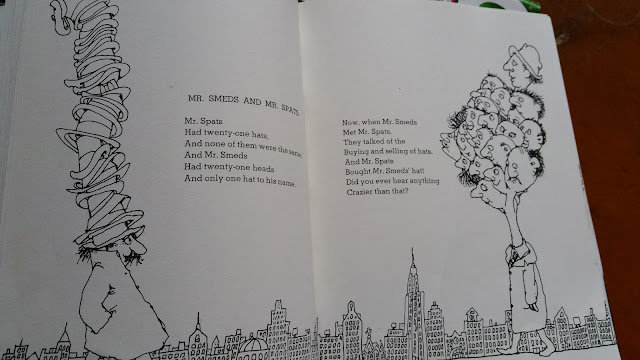On The Anxieties of "Empire"
Chris Hayes, on the dynamics of "Colony" and "Nation" in America: In the Colony, violence looms and failure to comply can be fatal. Sandra Bland, a 28-year-old black woman who died in a Texas prison cell, was pulled over because she didn’t signal a lane change. Walter Scott, the 50-year-old black man shot in the back as he fled a North Charleston police officer, was pulled over because one of the three brake lights on his car was out. Freddie Gray simply made eye contact with a police officer and started to move swiftly in the other direction. If you live in the Nation, the criminal-justice system functions like your laptop’s operating system, quietly humming in the background, doing what it needs to do to allow you to be your most efficient, functional self. In the Colony, the system functions like a computer virus: it intrudes constantly, it interrupts your life at the most inconvenient times, and it does this as a matter of course. The disruption itself ...
